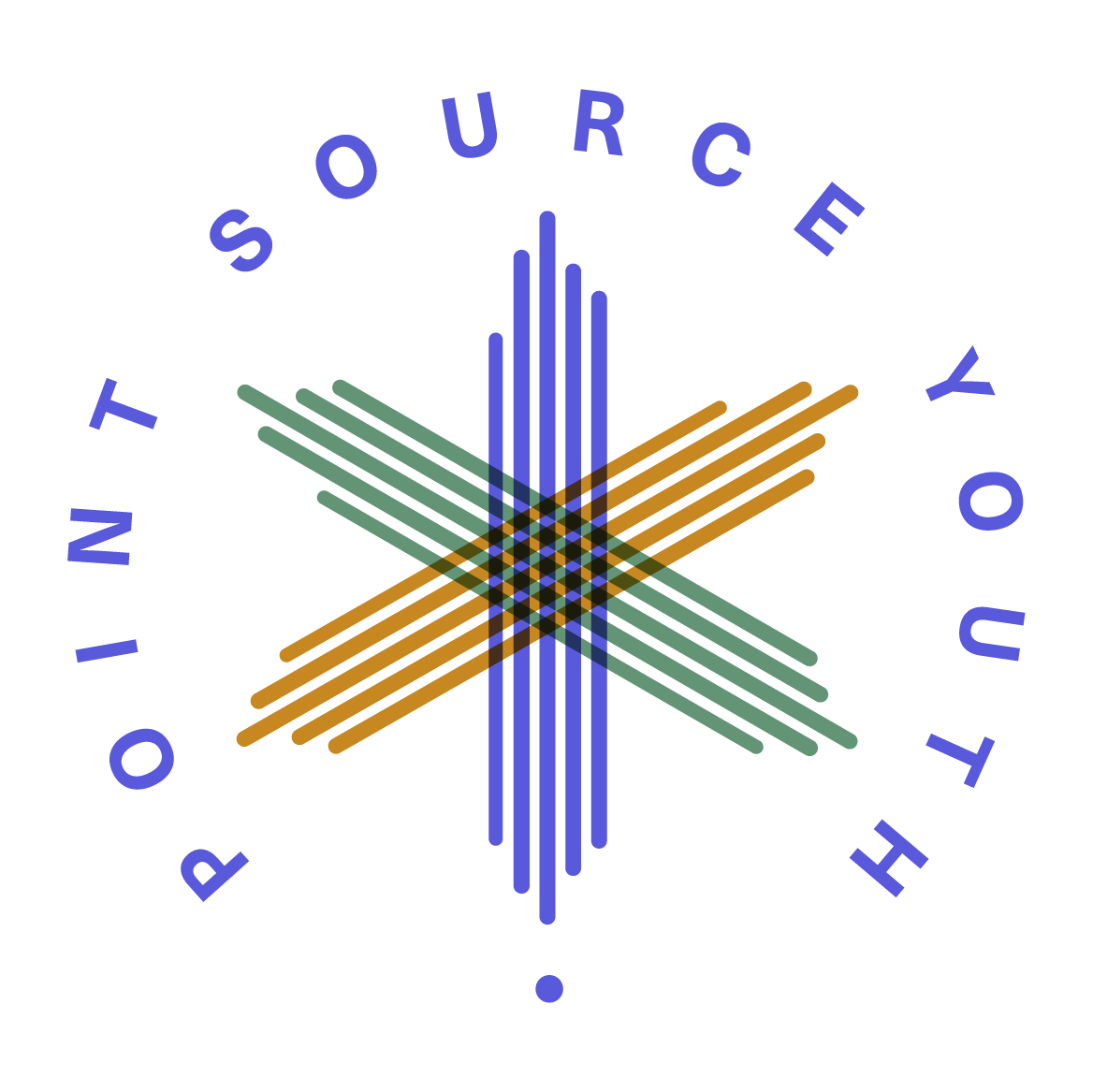What are direct cash transfers?
This growing approach gives youth flexible, efficient support through cash sent remotely or in person. It increases agency, lets staff focus on high-touch support, and can include optional help with school, career, or case management. Programs are cost-effective and equip young people with resources to make the best decisions for their own lives.
OUR WORK
Featured Projects
Our interventions are grounded in youth choice, independence, supportive wrap-around services, and the housing-first principle. We believe that all people have the unconditional right to housing and that the choices we make shouldn’t disqualify us from our basic human rights. Every single young person deserves secure housing.
🟢 COMPLETE — OREGON
Oregon: Direct Cash Transfers Plus Pilot
From February 2023 to February 2025, 120 youth who were previously experiencing homelessness in Multnomah, Clackamas, and Deschutes Counties received $1000 monthly for 24 months and a one time enrichment fund of $3000 in order to further support transition out of homelessness.
🟢 COMPLETED — NEW YORK, NY
New York: Trust Youth Initiative
The NYC Pathways Study and Trust Youth Initiative set out to determine if young adults experiencing homelessness who receive regular direct cash payments and optional youth-driven support will find stable housing sooner than young adults experiencing homelessness who access services as usual and don’t receive direct cash payments.
🟢 COMPLETED — WASHINGTON STATE
Washington: Youth Beyond Basic Care DCT Pilot
The Youth Beyond Care Pilot in Washington state offers a unique chance to help young people between 16 and 26 years old who are facing homelessness or unstable housing. This program is especially focused on assisting those who are leaving systems of care and those Washington youth most in need.
🟢 COMPLETED — LOS ANGELES, CALIFORNIA
Los Angeles: Designing a Direct Cash Transfer Program in LA
Point Source Youth examines the landscape of youth homelessness in Los Angeles County, focusing on the aspirations of young people in LA County for Empower LA Direct Cash Transfers. It includes findings and recommendations from focus groups with individuals aged 18-30 who have experienced homelessness or housing instability, concluding with a group consensus on Empower LA's implementation.
DCT IN ACTION
Success Stories
The data is clear: Giving young adults targeted funds for immediate housing assistance is an efficient way to prevent and end youth homelessness. What the data doesn’t show is how cash assistance changes lives.
In this storytelling series, recipients of the program across the country talk about how the money and the support that came with it gave them space to rebuild relationships, support their families, and enroll in school.
📍 OREGON
Gabrielle Is Living the American Dream
Gabrielle used a direct cash transfer to leave an unhealthy partnership, secure housing, and pursue motherhood, school, and home ownership, transforming survival into the "American Dream" for her and her daughter.
📍 NEW YORK
Deja Is Proof That Resilience Creates Beauty
Deja was homeless from 16 to 20, hiding her struggle while finishing school. The Targeted Housing Assistance Program helped her find housing, stability, and the support to pursue her cosmetology dreams.
The Direct Cash Transfers Handbook
A guide to successfully help you move through ideation, implementation and evaluation.
OUR LOCAL NETWORK
Thank you to Our Partners
We rely on a network of trusted partners to make Direct Cash Transfers a reality. We collaborate with local youth-serving organizations to deliver cash payments and youth-informed support directly where it's needed.










